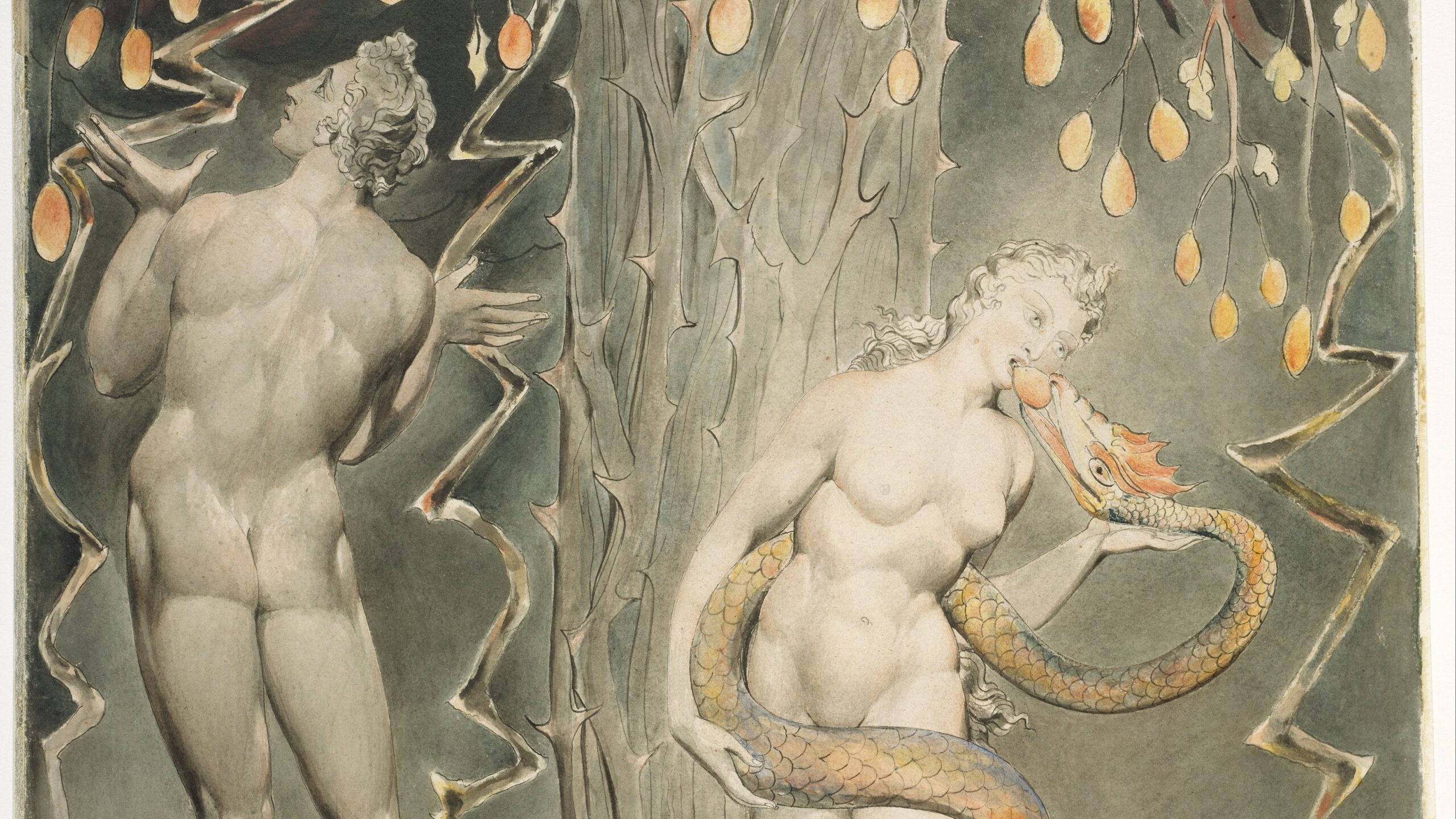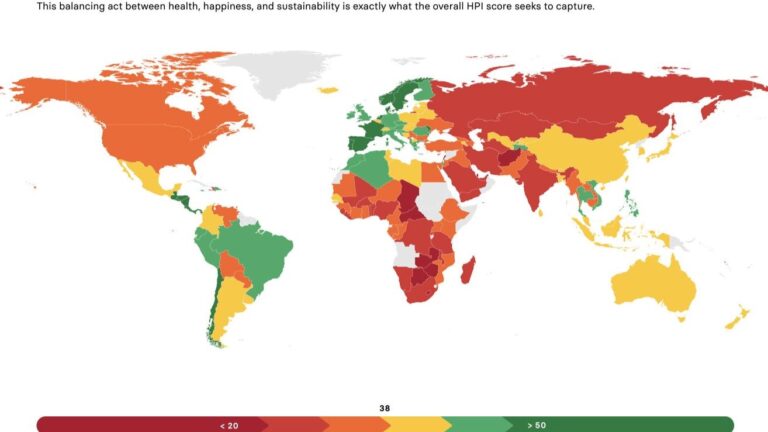‘This is the month, and this is the happy morn, Wherein the Son of Heaven’s Eternal King, Of wedded Maid and Virgin Mother born, Our great reception from above did bring; For so the holy sages [prophets] once did sing, That he our deadly forfeit should release, And with his Father work us a perpetual peace.’[1]
These are the opening lines to John Milton’s ‘Ode on the Morning of Christ’s Nativity’, which was most likely composed as a college exercise at Cambridge University when the not-yet renowned poet and historian was just 21 years of age. A composition that reminds us that ‘God so loved the world that He gave his only-begotten Son, that whoever believes in Him shall not perish but have eternal life. For God did not send His Son into the world to condemn the world, but to save the world through Him.’ (John 3, 16)
Milton, who was perhaps the most achieved English poet during the seventeenth century, is above all recognized for his epic Paradise Lost (1667). In his works he championed the abolition of the Church of England and the execution of King Charles I (r 1625–1649) as a result of his incapability to cooperate with the Parliament, which eventually led to the English Civil Wars (1642–51). Milton, after the restoration of the English Crown with King Charles II in 1660, cultivated a political philosophy that opposed absolutism, which he viewed as tyranny, and state-sanctioned religion. His influence permeated not only through the civil wars and interregnum but to the American Revolution as well. Indeed, his celebrated Areopagitica (1644), in which he condemned pre-publication censorship, ie, a governmental or institutional prohibition on expression is among history’s most influential and impassioned defences of freedom of speech and freedom of the press.
An advocate for religious tolerance toward dissidents, Milton’s theological outlook embraced freedom of conscience, and the supremacy of Sacred Scripture as the exclusive point of reference in matters of faith: ‘for who can be a greater enemy to mankind, who a more dangerous deceiver, than he who defending a traditional corruption, uses no common arts, but…and driven from his hold in Scripture.’[2]
As a civil servant, Milton became the voice of the English Commonwealth after 1649 through his handling of its international correspondence and his defence of the government against polemical attacks from abroad. Yet we are still captivated today by his Paradise Lost, in which he recounts the Genesis narrative from the existence of God and the legions of heavenly angels before creation to the history of postlapsarian humanity up to and including the Second Coming and the end of days.
Perhaps the most famous (or infamous) line in Paradise Lost is Lucifer’s discourse contained in Book One:
‘The mind is its own place, and in itself Can make a Heaven of Hell, a Hell of Heaven. What matter where, if I be still the same, And what I should be, all but less than he Whom thunder hath made greater? Here at least We shall be free: the Almighty hath not built Here for his envy, will not drive us hence: Here we may reign secure, and in my choice To reign is worth ambition, though in Hell; Better to reign in Hell than serve in Heaven [bolded for emphasis]!’[3]
Provocative as the devil’s discourse may be, it cannot be ignored that his rebellious words somewhat reflect Milton’s philosophy of man’s right to self-determination, his right to declare his independence against earthly authority. He, however, certainly saw any refusal to serve God as incontestable. In truth, Milton displays how misdirected Satan’s pride and drive are as written by the Prophet Isaiah:
‘How you are fallen from heaven, O Lucifer, son of the morning! How you are cut down to the ground, you who weakened the nations! For you have said in your heart: “I will ascend into heaven, I will exalt my throne above the stars of God; I will also sit on the mount of the congregation on the farthest sides of the north; I will ascend above the heights of the clouds, I will be like the Most High.”’ (Isaiah 14, 12-14)
‘Yet the devil’s self-deceiving victory is in reality no victory at all’
Lucifer certainly did not want to be God, for he was intelligent enough to know that he was not of the same substance of our Creator, but he wanted to be or rule like God. Envious of God, he thus submitted to his pride and rebelled against the Almighty—a temptation that at times can be appealing during our worst moments.
Yet the devil’s self-deceiving victory is in reality no victory at all. In the end, says Milton: ‘Time will run back, and fetch the age of gold; And Speckled Vanity Will sicken soon and die, And leprous Sin will melt from earthly mould; And Hell itself will pass away, and leave her dolorous mansions to the peering day….Yea, Truth and Justice then Will down return to men…’[4]
This is the Christmas message that is found in Milton, one that not just tells us not to give into Satan’s pride and empty promises, but to ‘see [and contemplate] the Virgin blest Hath laid her babe to rest…Her sleeping Lord with handmaid lamp attending: And all about the courtly stable Bright-harnessed Angles sit in order serviceable.’[5]
A happy Christmas and a blessed New Year!
[1] ‘Ode on the Morning of Christ’s Nativity’, The Poetical Works of John Milton, Vol VII, London, Law and Gilbert, 1809, 2–3.
[2] ‘Animadversions upon the Remonstrants against Smectymnuus’, The Prose Works of John Milton, Vol I, London, Law and Gilbert, 1809, 1806, 153.
[3] ‘Paradise Lost’, Book I, The Poetical Works of John Milton, Vol II, London, Law and Gilbert, 1809, 316.
[4] ‘Ode on the Morning of Christ’s Nativity’, 14-16.
[5] Ibid, 27–28.
Read more from the same author:








